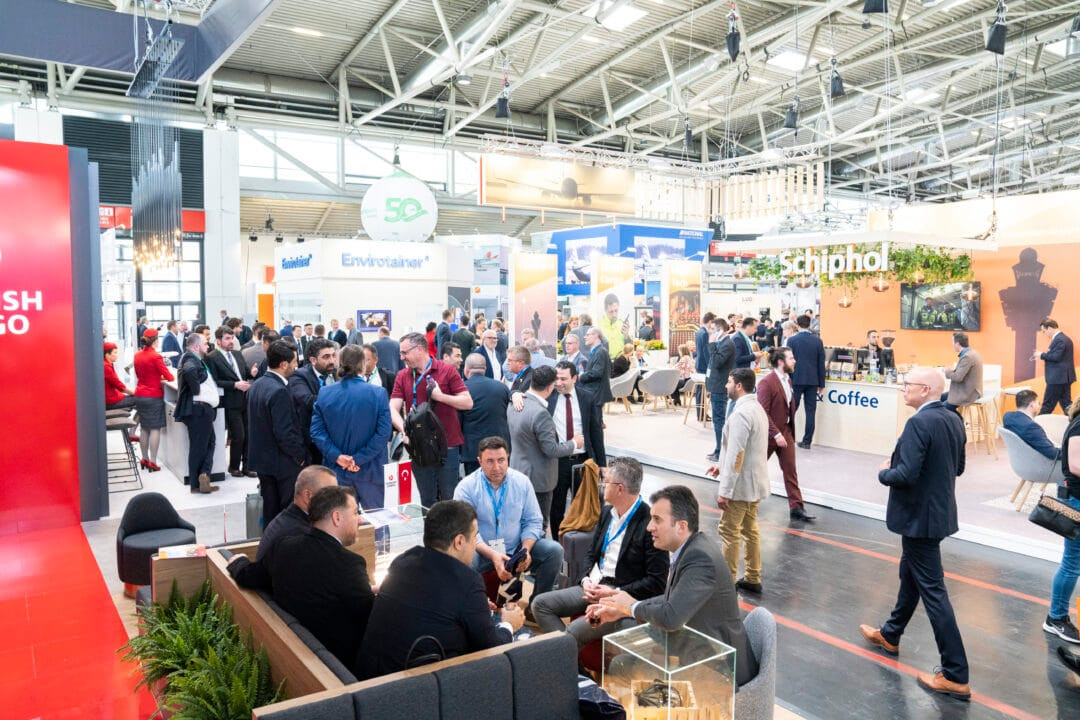
Discussions in Transport Logistic & Air Cargo Europe are intense, extensive, and form the future of industry. The main themes include integrating artificial intelligence, automation, sustainability, continuous skills lack, and the increasing importance of cybersecurity. Industry leaders and experts are studying the challenges and opportunities awaiting us.
One of the most discussed topics in this event is the increasing role of solutions that artificial intelligence drives in the revolutionary supply chains. Automation and AI have the ability to significantly improve efficiency, simplify operations, and reduce costs. One of the predictive analyzes that improve delivery methods to automating automated processes in warehouses, technological progress transforms logistical services at an unprecedented pace.
But the way to complete integration is not without obstacles. Many companies are struggling to implement these innovations effectively. The challenge is not only related to financial investment, but also to align new technologies with existing infrastructure and workforce. Employees must be trained to work along with the systems driven by artificial intelligence, and corporate cultures must turn into a more data -based mentality. While the potential benefits are enormous, companies need a well -organized strategy to successfully harness the strength of artificial intelligence.
Sustainability is no longer a specialized concern; It is an essential component of modern logistics. Corporates throughout the industry are exposed to increased pressure to reduce carbon mark, whether through the neutral carbon transport, energy -saving warehouses, or sustainable packing solutions. Regulatory requirements are tightening, clients’ expectations turn towards green supply chains, and competitive landscapes now prefer companies that adhere to green practices.
While many companies are taking great steps in green logistics, real progress requires a collective work. Partnerships between companies, policy makers and technology providers are very important to develop developable solutions. Innovations such as alternative fuel, electric vehicles and the improvements that AI drive pave the way for a more sustainable future. But without a cooperative approach, the industry risks the lack of its ambitious climatic goals.
Another urgent issue dominates discussions is a lack of increased skills in logistics services. Since digital transformation re -drafs the industry, traditional roles develop and require new skills groups. However, attracting young talents to the logistics sector is still the ongoing challenge. The perception of logistical services as an employment and traditional industry needs to be changed.
To face this challenge, companies need to invest in better training programs, modern work models and job development opportunities. The climb of automation and AI does not mean loss of jobs – this means a transformation in the required skills. It will be necessary to ensure that there is a strong future labor force to ensure a strong future labor force in my future. Companies that give priority to developing talent will gain a great competitive advantage in the coming years.
The digitization is also accelerated, as well as Internet threats. The logistics sector is very connected, with sensitive data flow through global supply chains. Weaknesses on cybersecurity can lead to significant disturbances, financial losses and reputation damage. The big question is: How can companies bridge safety gaps while still benefit from digital transformation?
Industry leaders emphasize that cybersecurity should be a priority, not a subsequent idea. Pre -proactive measures such as the strongest encryption, the detection of threats driven by artificial intelligence and the training of comprehensive employees are necessary to relieve risks. With the high supply chain attacks, companies that invest in strong safety frameworks will be in a better position to protect their operations.
The main meals of the second day of the event are clear: the ability to adapt is the key. Artificial intelligence and automation must be seen as opportunities instead of threats, sustainability must be addressed through cooperative efforts, and the development of the workforce needs urgent attention. In addition, cybersecurity must be at the forefront of digital transformation strategies.